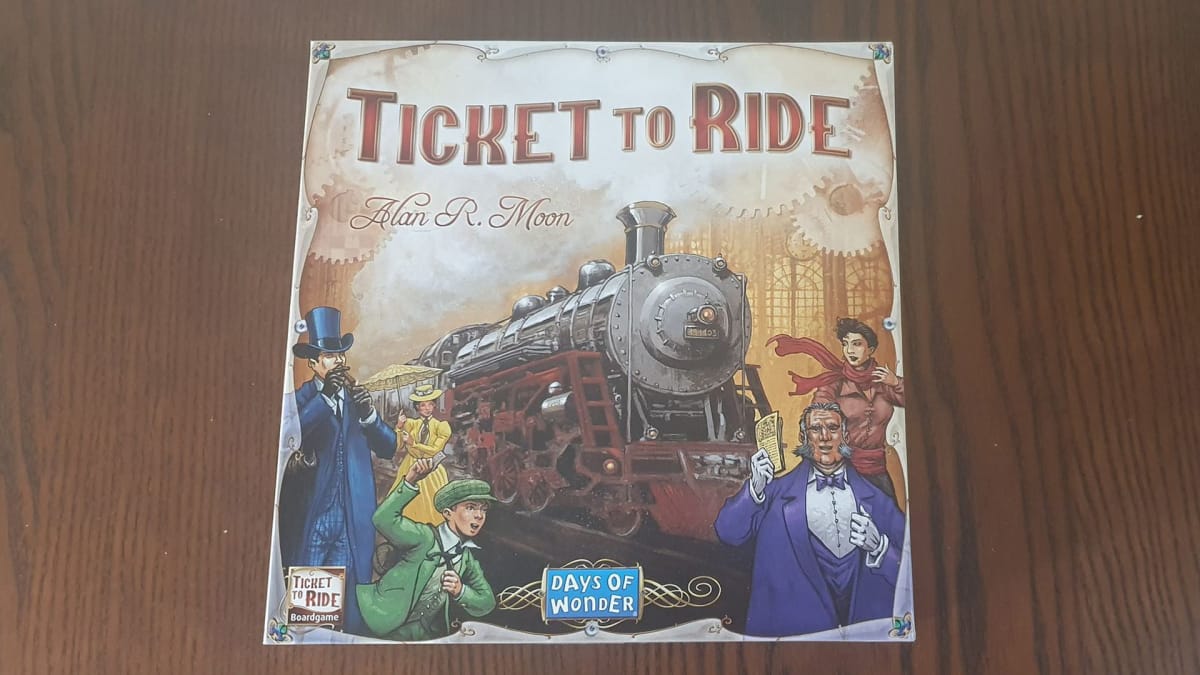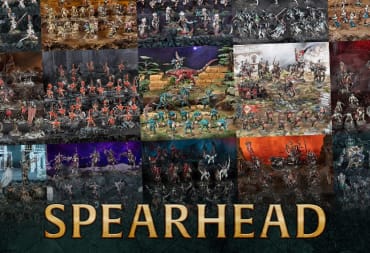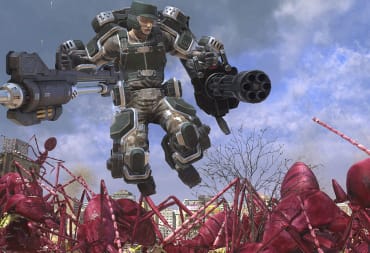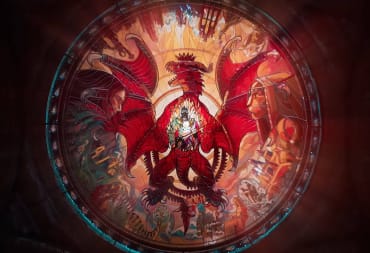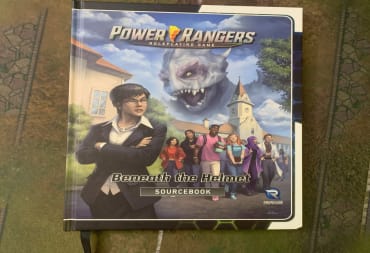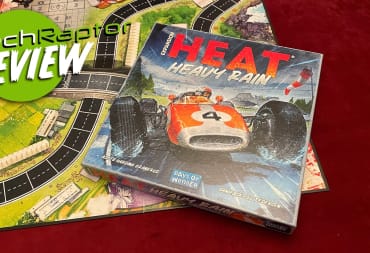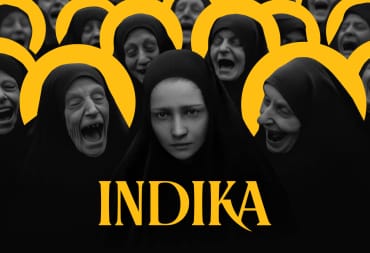Trains are a subject that you're either insanely into or are completely indifferent about. Luckily for Ticket to Ride, it doesn't really matter how into trains you are in this case, though you might get more enjoyment from the theme if you are a train fanatic. The main pull of the game is less about trains and more about an enticing, elegant simplicity that makes Ticket to Ride incredibly simple to understand and play, yet fun enough to keep you and your gaming group coming back time and time again.
Ticket to Ride almost feels like it doesn't need an introduction at all. Since it was released in 2004 by Days of Wonder, it has taken the tabletop gaming world by storm. It's a game that is so pervasive that even folks who have no idea what 'Eurogame' or 'RNG' means have heard of it. The designer of the game, Alan R. Moon, has one hell of a pedigree himself, having been publishing games since 1981, and working for big named publishers like Avalon Hill and Parker Brothers.
The story of Ticket to Ride is set in the universe of Jules Verne's Around the World in 80 Days. Inspired by the action of Phileas Fogg, you and several of your friends have a yearly gamble on the anniversary of Fogg's adventure. Each year these expeditions have gotten bigger and had higher and higher wages, and now in its 27th iteration, the wager is for $1 million dollars. The challenge this year is to see who can visit the most cities in America in only 7 days, and only by using the rails, and thus does the adventure begin.
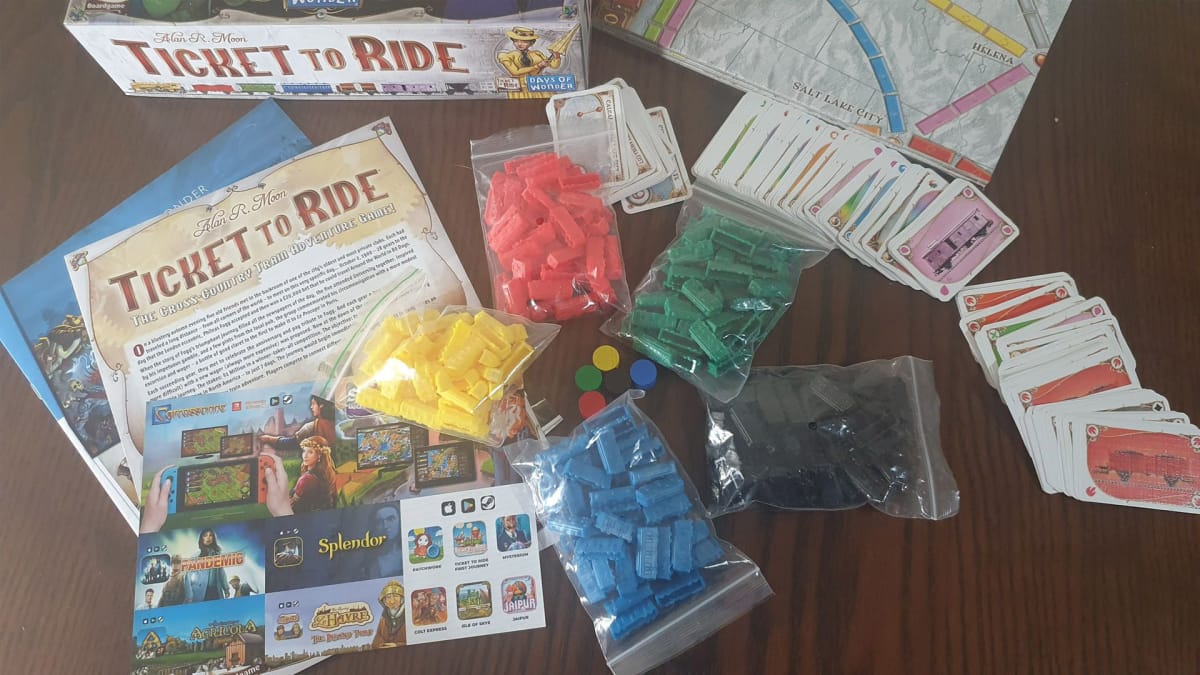
Your main goal in Ticket to Ride is to end the game with the most points, and you accrue points by placing your color of train cars between different cities. You gain ticket cards that give you specific route goals in exchange for points at the end of the game, but lose points if you haven't managed to complete any of these goals. There's also a final extra point bonus for the person who manages to create the longest continuous line of train cars, fulfilling the narrative idea set out by the game's premise.
To actually put down trains, you need to have cards of various colors that match the differently-colored routes across the gameboard. In each turn, you choose between claiming a route, drawing more train cards, or drawing more ticket cards, having to balance your need to claim points, with your desire to set up a favorable position at the end of the game. If you choose too many tickets, you'll lose a lot of points at the end of the game for all your unfulfilled goals. However, these tickets give you an advantage because they're hidden from other players, so no one knows if you're destined to lose 50 points when the game ends, or gain 150.
There's not really much else to Ticket to Ride's mechanics, and that's where a lot of the appeal lies. The rules come with no variations or special additions to change things up, but that's part of the reason it's so easy to just pick it up and play whenever you want. Since the whole thing is over in around 30-40 minutes, it's a perfect ice-breaker game. Something to get warmed up with so everyone is more willing to sit through the hour-long explanation of how to play a much more complicated game, though honestly, you'd probably be better of just playing Ticket to Ride three times in that same timespan.
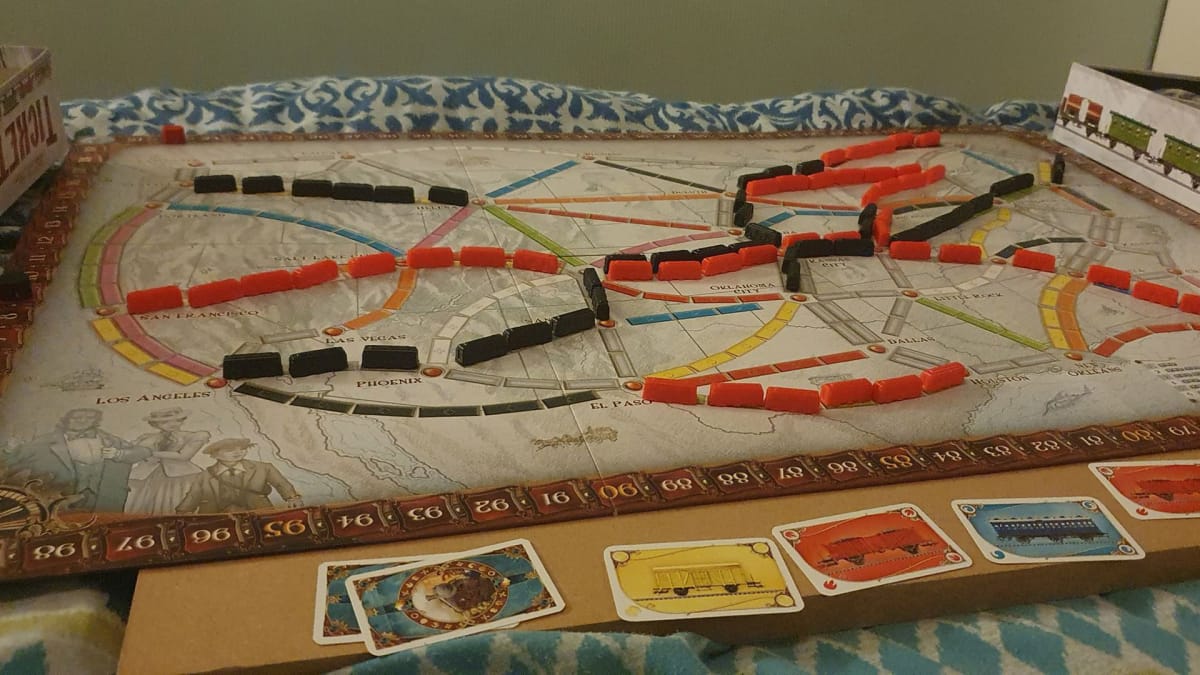
The board design is just about as elegant as the mechanics are, containing various visual aids to make playing the game and remembering the rules as simple as possible. There's a key in the bottom right that reminds you of the score value of each route that you claim, and a board around the edge that makes tracking your score pretty easy, though with 5 players fitting all your counters on there can be a bit of a toughie. It's all tied together with some excellent illustrations by Julien Delval that fit the early 1900s setting.
If there's one complaint about the game, it's that with 4 or 5 players, the board fills up incredibly easily. As mentioned above, it's pretty easy to lose track of your score when there are 5 different counters jostling for space more suited to one or two counters. It's also much harder to complete a lot of tickets when you're competing for routes with 4 other people. There are some double-routes that are only available when playing with 4 or more people, these are designed to alleviate the strain a bit and they do help, but you'll still find yourself losing a bunch of points at the end of the game unless you prioritize your routes early on.
That's part of the reason that Tickets to Ride is as fun after your 100th game as it is after your first. It's not just a game with deceptively simple mechanics, it's a game about keeping your intentions hidden from the other players without that being explicitly stated in the rules of the game. You need to make sure that no one knows what your tickets are by the choices you make because then they have an opportunity to block you. By the same token, if you can figure out what someone is trying to do, then you can claim routes to stop them from achieving their goals.
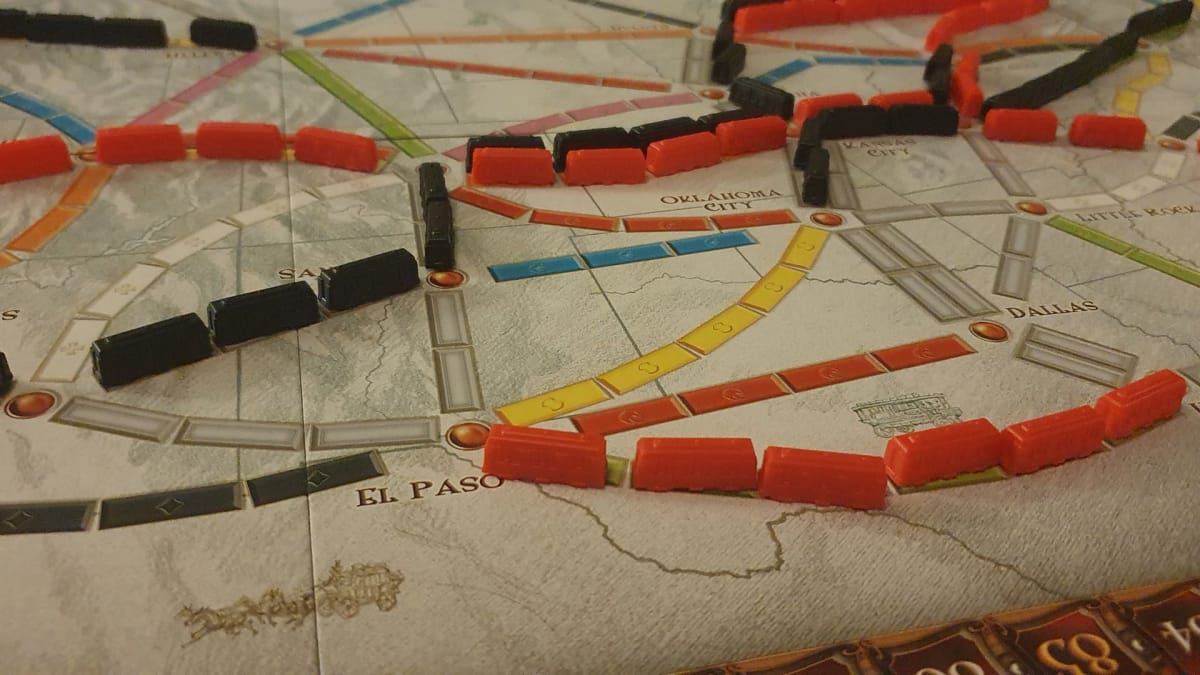
An interesting, but somewhat surprising, fact about Ticket to Ride is that it comes with special Amazon Alexa integration. If you own an Echo device of some kind, you can actually have it take the role of the scoreboard so you have one less thing to worry about when it comes to enjoying the game. While this does slow things down slightly, it also provides you with the atmosphere of soft music and ambient train station noise to really get the mood just right.
Even better than the scoreboard feature, Alexa can even play the game with you, meaning that if you're on your own but feel like enjoying a round or two, you still can. Once again, having an extra player who you have to give explicit verbal instructions to each round does slow things down, but it's honestly not that different from playing with an easily distracted sibling or confused grandparent, and in both of those scenarios the ambient noises you get are much less enjoyable (terrible music and uncontrolled flatulence respectively.)
The Bottom Line
Ticket to Ride is a game seemingly built around the idea that a game doesn't need to be complex or artificially varied to remain interesting. It can be picked up, learned, and taught incredibly easily, and the nostalgic, early-1900s setting is appealing enough to hold interest. No matter how many times you play through it, it's always easy and fun to pick it back up and play it again. Every new person you introduce to it is likely to give you a different experience, and with the special integration mode, you can even enjoy it on your own without fiddling with strange automata rules or extra decks of cards.
Get This Game If:
- You enjoy riding the rails.
- You want a game you can learn and play incredibly easily and quickly.
- You want to prove that you're better than Phileas Fogg.
- You own an echo dot and are criminally obsessed with having things to do with it.
Avoid This Game If:
- You're looking for a lot of mechanical variety
- You don't enjoy simple eurogames
- Trains fill you with incandescent rage.
The copy of Ticket To Ride used in this review was provided by the publisher.
Have a tip, or want to point out something we missed? Leave a Comment or e-mail us at tips@techraptor.net
